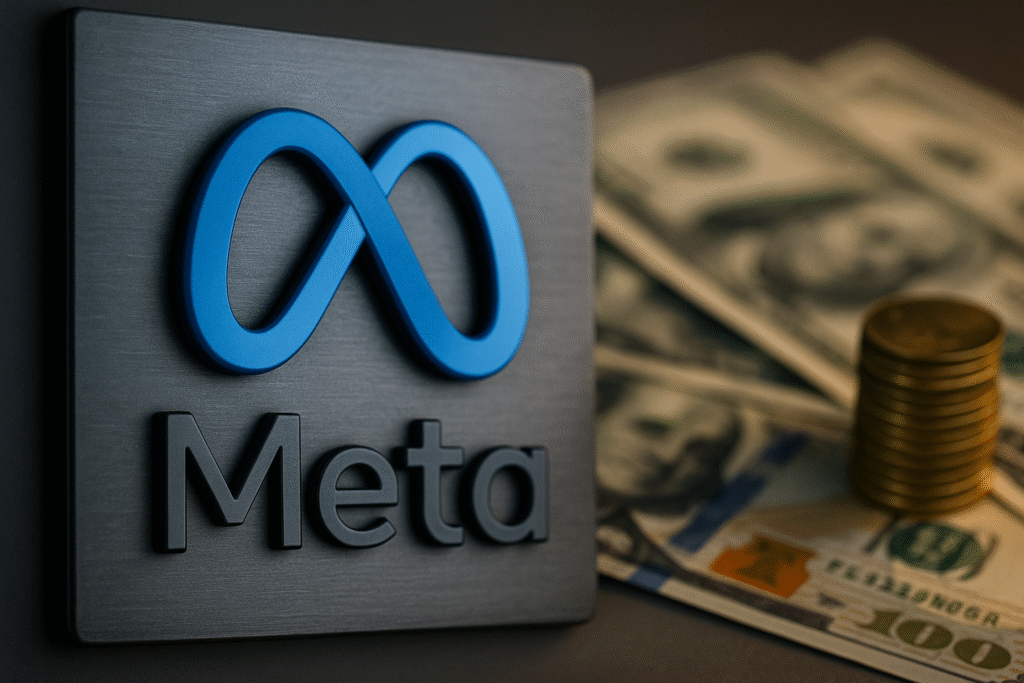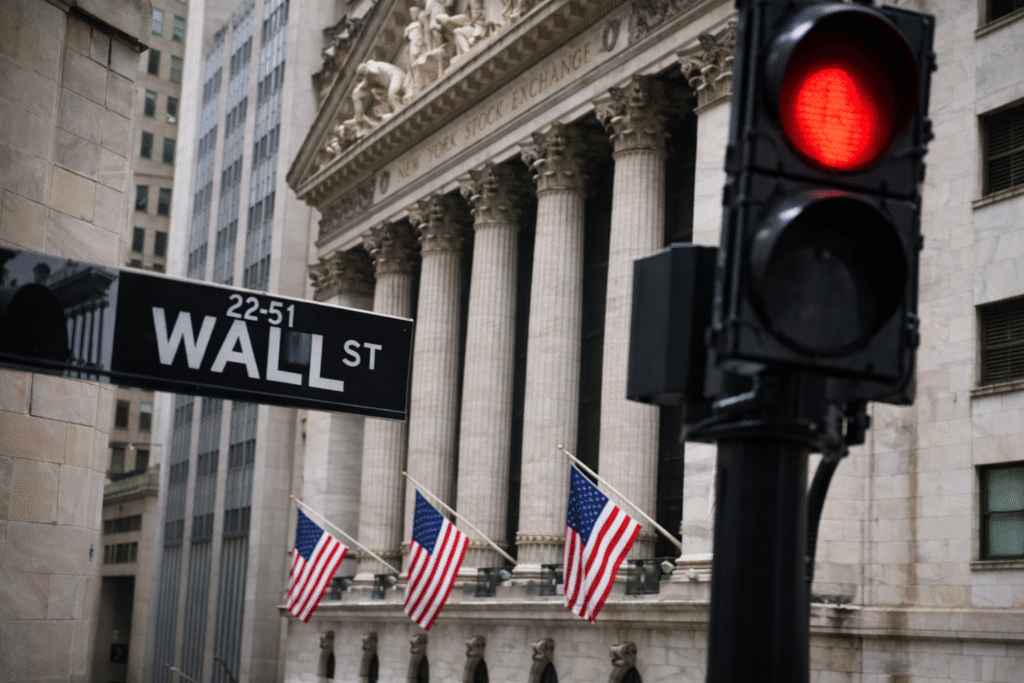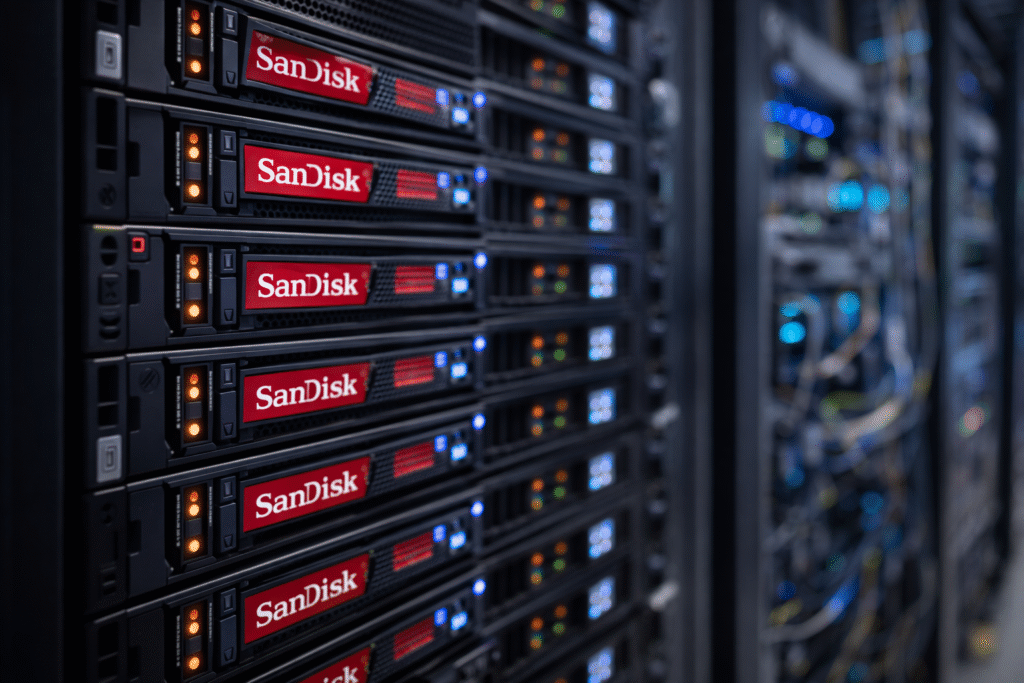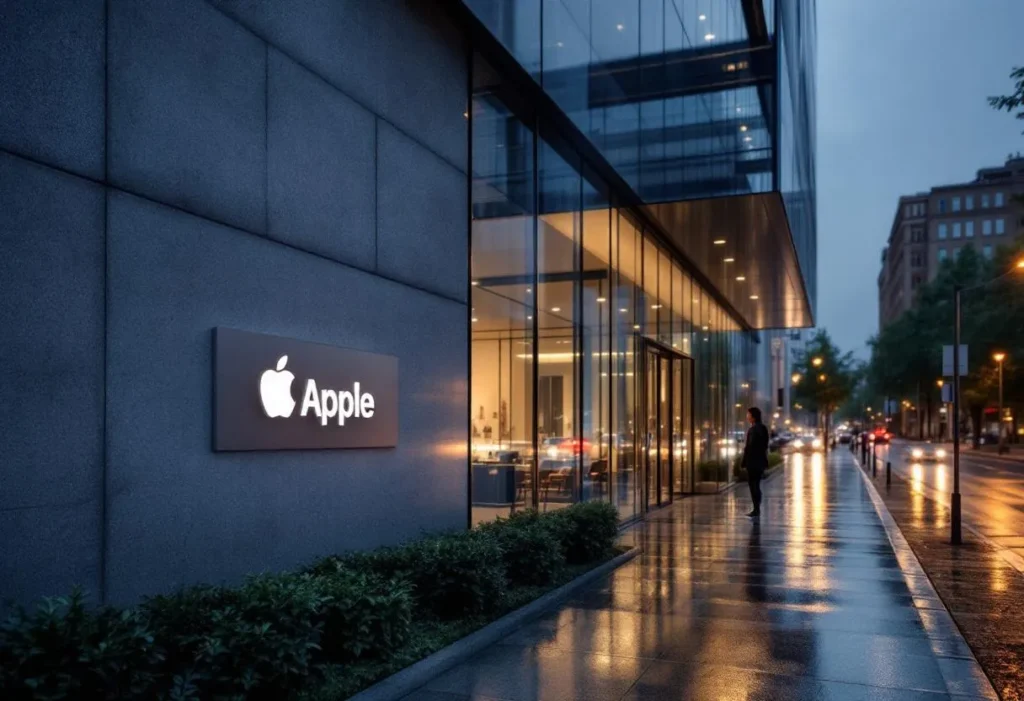Meta Pushes AI Expansion With $25 Billion Bond Sale
Meta Platforms is turning to credit markets to bankroll its next phase of AI dominance. The company announced plans to raise at least $25 billion through an investment-grade bond offering, one of the biggest corporate debt sales of the year.
The move comes just one day after CEO Mark Zuckerberg outlined an aggressive spending plan for artificial intelligence — including up to $72 billion in capital expenditures this year and even faster growth next year.
The offering signals that Meta is leaning heavily on bond markets to fuel its AI infrastructure buildout at a time when borrowing costs remain relatively low amid the Federal Reserve’s ongoing rate cuts.
According to early filings, the offering will be split into up to six tranches, ranging from five to forty years, with the longest bond expected to yield about 1.4 percentage points above Treasuries.
AI Ambitions Meet Wall Street Capital
Meta’s debt sale follows a surge in AI-driven capital expenditures across Big Tech.
Morgan Stanley estimates that hyperscale tech firms — including Meta, Microsoft, and Alphabet — could spend $3 trillion on data centers by 2028, with about half financed through debt.
This trend has turned credit markets into a critical funding pipeline for AI infrastructure.
Recent mega-deals include:
- Oracle’s $18 billion bond offering in September.
- A $38 billion data center funding round tied to Oracle’s AI ventures.
- A $27 billion private bond sale linked to Meta’s new Louisiana data campus.
Meta’s own Louisiana data center project is now 80% owned by Blue Owl Capital, underscoring the growing role of private investment firms in financing AI facilities.
Zuckerberg: “Front-Load Capacity Now”
On Meta’s earnings call, Zuckerberg emphasized that building AI infrastructure early is critical to staying competitive — even if it means creating temporary overcapacity.
“We want to make sure we’re not under-investing,” he said, adding that surplus computing power could later be monetized or sold, much like Microsoft and Google have done through their own cloud services.
Meta’s third-quarter earnings supported this vision: revenue jumped 26% to $51.2 billion, driven primarily by its core advertising business, which still accounts for 98% of total revenue.
While shares fell about 14% following the announcement due to near-term spending pressure, analysts say the company’s AI pivot could extend its long-term competitive edge as digital platforms integrate generative AI across their ecosystems.
WSA Take
Meta’s $25 billion bond sale shows that the AI race is now being financed by Wall Street, not Silicon Valley venture cash.
The shift from tech-fueled hype to debt-driven infrastructure is redefining how the next wave of digital innovation gets built.
This story connects directly to our recent coverage on Bending Spoons’ $2.8 billion acquisition of AOL, where legacy digital assets are being reborn under new capital structures — just as modern tech giants like Meta leverage balance sheets to stay ahead.
Visit the Wall Street Access homepage.
Disclaimer:
Wall Street Access does not work with or receive compensation from any public companies mentioned. Content is for informational and educational purposes only.








